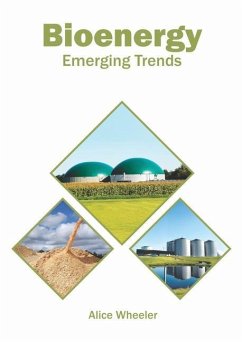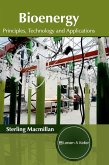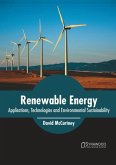Bioenergy is the energy harnessed from materials that are derived from biological sources. The primary source of bioenergy is biomass, which is an organic material that stores sunlight in the form of chemical energy. Biomass can be utilized for the production of heat and energy, and can be used as a raw material in industrial processes. Biomass fuel may include animal waste, wood and wood waste, sugarcane, crop residues, and various other by-products of agriculture, farming and animal husbandry. Crops such as corn, soybeans, willow, sorghum, jatropha, etc. are specifically grown for the production of biofuel. Biomass can also be converted into transportation fuels like biodiesel and ethanol, as well as usable forms of energy like biogas. Unlike fossil and nuclear fuels, biomass is a renewable energy source that is based on the carbon cycle. It can contribute to waste management, provide fuel security and slow down climate change. This book contains some path-breaking studies and emerging trends in bioenergy production and utilization. The topics included herein are of utmost significance and bound to provide incredible insights to readers. This book is appropriate for students and experts seeking detailed information about the current and future perspectives of renewable energy.
Hinweis: Dieser Artikel kann nur an eine deutsche Lieferadresse ausgeliefert werden.
Hinweis: Dieser Artikel kann nur an eine deutsche Lieferadresse ausgeliefert werden.








